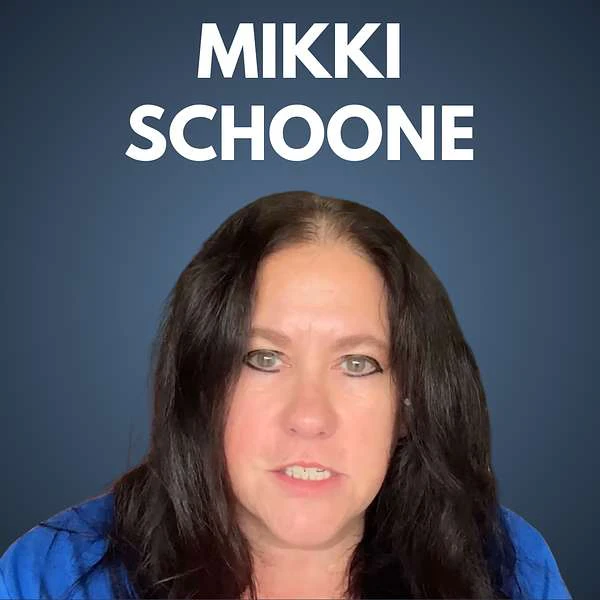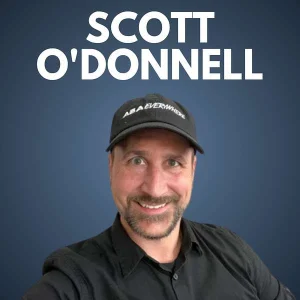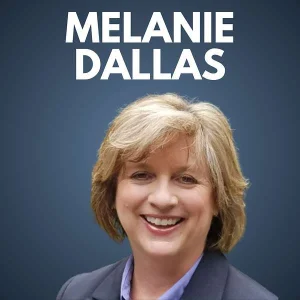Listen
Show Notes
In this episode of Tim Talks: Behavioral Health, host Timothy Zercher sits down with Mikki Schoone, a Board Certified Behavior Analyst with over 30 years in human services. Mikki shares her journey from developmental disabilities and child welfare to creating a Domestic Violence Functional Assessment that shines light on coercive control beyond physical harm.
We discuss:
- How lived and professional experience shaped her passion for advocacy
- The challenges survivors face in finding their voice
- Why coercion and control must be recognized as more than “invisible” abuse
- Balancing clinical work, teaching, and building a new venture
This conversation highlights the intersection of behavioral science and domestic violence prevention, offering insights for clinicians, advocates, and anyone supporting survivors.
Episode Overview
00:09 –
Timothy A. Zercher: You are in a pretty competitive space. How does your team go about gaining new clients, new partners? What’s working best right now?
Mikki Schoone: I’m still kind of getting my feet wet in it, really relying on the Department of Health and Human Services through Children and Family Services, as well as domestic violence shelters and just kind of word-of-mouth.
00:59 –
Timothy A. Zercher: People often have a personal reason for working in behavioral health. What’s yours? How did you get into the field?
Mikki Schoone: Yeah, I kind of fell into it after my undergrad. Not a lot of jobs in Nebraska, so I started working in the developmental disabilities field and was thrown into working with a lot of behavioral individuals. And so it just kind of became a passion—learning what their behaviors were and how to change those through functional behavior assessments.
I had excellent opportunities, traveling the state of Nebraska doing behavior consultations with a psychologist before there were BCBAs here. Later, in child protection, I became engrossed in domestic violence work and realized something needed to change. With poor mental health supports and high rates of lethal violence, I knew this was an area where I could make a difference.
02:13 –
Timothy A. Zercher: With experience across developmental disabilities, autism, child welfare—how has that breadth shaped your approach to behavior analysis?
Mikki Schoone: I think it gives me a different perspective than a lot of newer BCBAs. I’ve got 25+ years in developmental disabilities, mostly with adults but also some kids and teens. That helps me in my full-time role working with children with autism, especially teenagers.
It also pushes me to look beyond the individual—to consider trauma, household dynamics, and the bigger picture with a trauma-informed lens.
03:09 –
Timothy A. Zercher: Your domestic violence functional assessment looks beyond physical harm. What inspired you to address the less visible layers of coercive control?
Mikki Schoone: Personal experience. Many survivors don’t even realize they’re in that kind of relationship. I saw it in my work—women not recognizing financial control, surveillance, or threats as abuse.
Education is key. I want to start early, even in schools, teaching that guilt-tripping or isolating someone isn’t love—it’s coercion. Too often, people normalize it.
04:41 –
Timothy A. Zercher: You balance clinical work, teaching, and advocacy. What’s your secret to keeping each role impactful without losing sight of the bigger picture?
Mikki Schoone: Honestly, I don’t know if I’ve found the balance yet. My full-time job often takes priority, but I’m trying to build this business too. A big challenge is helping survivors feel safe enough to talk. Filing a protection order puts them at their most vulnerable, so tools that help them safely tell their story are critical.
Originally, I thought the assessment would include both sides of the story, but now I’m focusing on the survivor’s perspective. They need a voice, and this tool can help them explain what’s happening in plain terms, even in custody or CPS cases.
08:21 –
Timothy A. Zercher: As you grow your practice into a larger business, what challenges do you anticipate in reaching survivors and scaling safely?
Mikki Schoone: The hardest part is finding survivors who feel safe enough to talk. They need to know the tool will help them—not just in CPS cases, but in court custody battles too.
So often people ask, “Why did she stay?” I want the assessment to help explain the real reasons. It’s not about choosing to stay—it’s about coercion, fear, shame, and survival.
09:30 –
Timothy A. Zercher: Thank you so much for joining us, Mikki. We really appreciate the insights you shared and the work you’re doing in your community.
Mikki Schoone: Thank you for having me.



